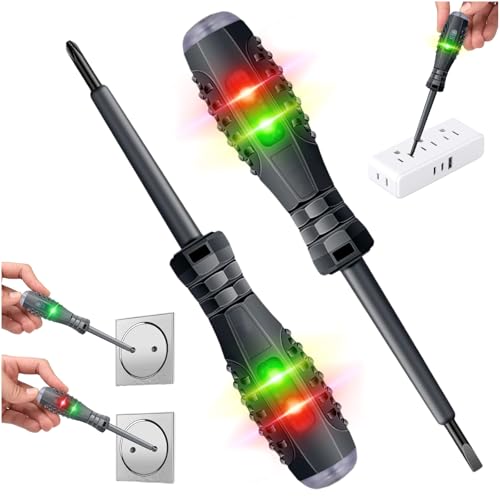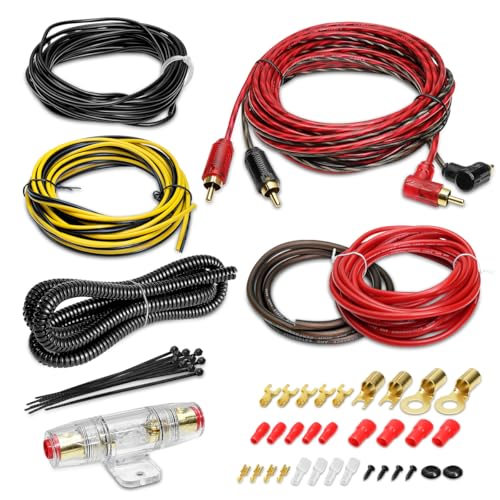- Joined
- Feb 5, 2009
- Messages
- 5,612
- Reaction score
- 1
Hi,
I believed that if you added a socket which the wiring was surface mounted I thought I didn't need rcd protection. Have I got the wrong end of the stick again?
Cheers
I believed that if you added a socket which the wiring was surface mounted I thought I didn't need rcd protection. Have I got the wrong end of the stick again?
Cheers
































































